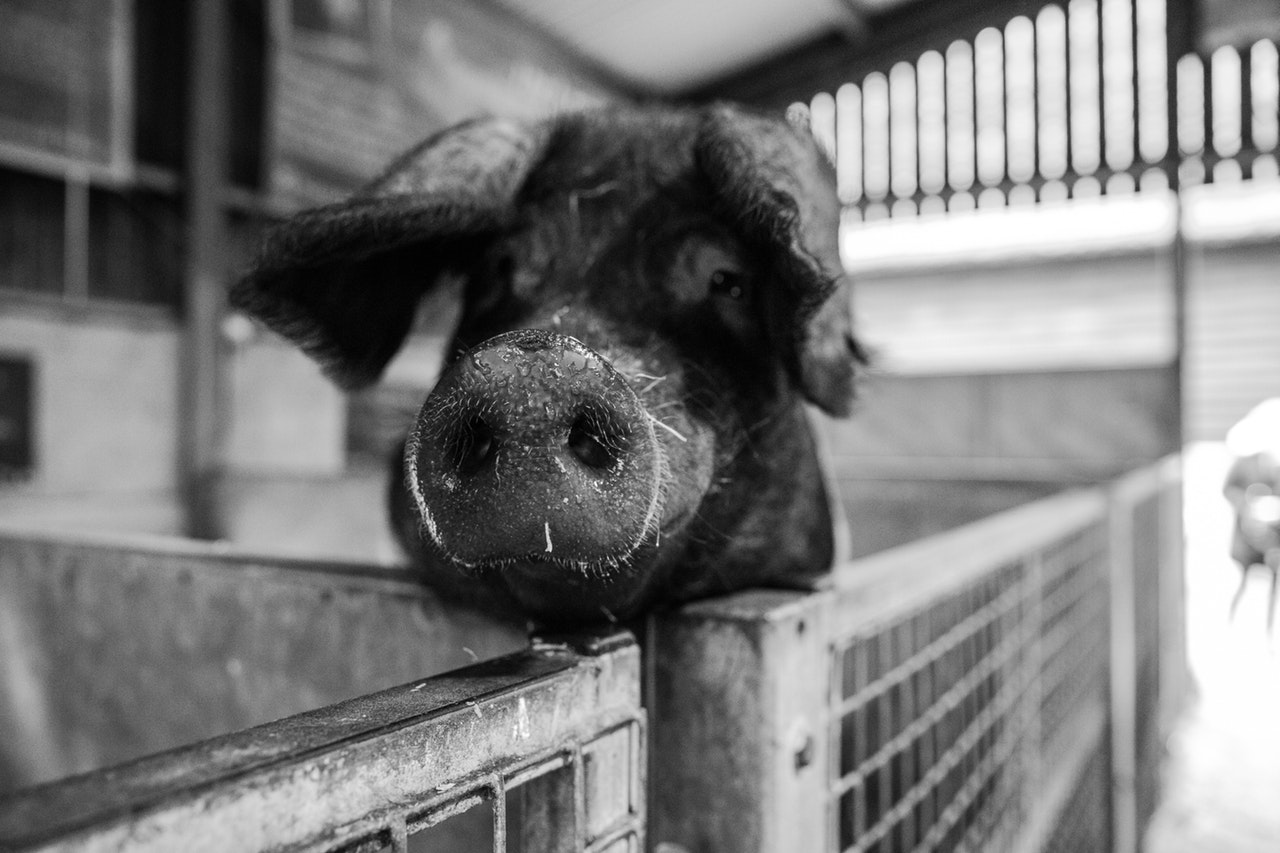It is well-known that a meat-based diet is much worse for the planet than a vegetarian diet. But not all meats are equally damaging. An article that appeared in Newsday, years back, illustrates this point. The article (AP “Study: Beef a more polluting meat” July 22, 2014) reported on a study that was published in the journal Proceedings of the National Academy of Sciences, comparing the environmental damage inflicted by beef production, versus that caused by producing pork, poultry, eggs or dairy. According to the article, the study concluded that compared with these other animal-based food sources, beef production uses 28 times more land, 11 times more water, it releases six times more water polluting nitrogen, and produces five times more heat-trapping gases, per calorie.
More recently, I came across a news headline indicating the German government was banning meat at all official functions. And when I saw that, I immediately assumed this decision was based upon concern over a meat-based diet’s effect on the environment. And I was correct. According to an article published online on The Telegraph’s website (Justin Huggler, “Discord in Angela Merkel’s government after environment ministry bans meat at official functions” Feb. 21, 2017 telegraph.co.uk), German’s environment ministry issued a statement saying “We’re not tell(ing) anyone what they should eat. But we want to set a good example for climate protection, because vegetarian food is more climate-friendly than meat and fish.”
I wholeheartedly applaud what they did. And to be clear, they are not saying that you can’t go to the store and buy such items. They’re simply saying they won’t be serving that anymore at state functions. Bravo! As this article points out, it has been “claimed that meat farming accounts for up to a third of greenhouse gas emissions.”
When I first saw that headline about Germany banning meat at official functions, I also immediately thought of this Albert Einstein quotation I referenced in my 5/21/14 blog post (in which I also explain why I take exception to what Einstein said): “Nothing will benefit human health and increase the chances for survival of life on Earth as much as the evolution to a vegetarian diet.”
Incidentally, here is another quotation; and this one suggests an alternative justification for banning meat at government functions:
If animals could speak, they would state a case against mankind that would stagger the imagination. — Author Unknown
I don’t know if this still goes on today, but in the past I would occasionally read about veal or foie gras being served at places such as Buckingham Palace or the White House, and I would think “Shouldn’t they be setting a better example?”
This would be an ideal time to share what I call “the pig story.” This is what pushed me past the tipping point, regarding eating pork. After I read this story, I never ate pork again. I had often heard about how smart pigs were, but this story really drove the point home for me. As reported in Newsday (Pittsburgh Post-Gazette byline, “Hero in Heart Attack Hogs the Fame” October 15, 1998), a woman in Erie, Pa., was having a heart attack. Her dog didn’t do anything except bark. But her pet pig sprang to action. It squeezed through her vacation trailer’s doggie door, ran down a path, pushed open a gate, and waited for a car to approach. When one did, the pig got out into the road and laid down. The driver braked and got out. The pig led the driver back to the house. Jo Ann Altsman could hear the man yelling “Lady, your pig’s in distress!” She hollered back “I’m in distress, too” and told the man she was having a heart attack. She credited that quick-thinking pig with saving her life.
Incidentally, I was very surprised by something I learned doing a quick fact-checking google search before writing this blog post. It turns out that consuming cat or dog meat is only illegal in six states: Hawaii, California, Georgia, New York, Virginia and Michigan. In all other states, it is perfectly legal to do so.
Finally, I’ll conclude with this. I find it remarkable that we never seem to find the low-lying fruit within our reach. Decisions that should be easy ones, often never even cross our minds. I spoke with someone who once worked at Harvard, and he confirmed that even in their cafeterias, meat (including pork) was just as readily available as in other campus cafeterias he’s been in. Here’s my suggestion. Institutions of higher learning should set an example. And that example should include one that conforms to taking better care of the Earth and its inhabitants. And that means keeping things like veal, pork and beef (minimally speaking) off cafeteria menus. Not only are there plenty of other healthful and delicious foods to choose from, but providing such fare would be a beneficial and healthful extension of the education process.

